Owner of Cloncannon Biofarm Sean Farrell is farming organically on 60 acres near Moneygall, Co Tipperary, where he produces organic meat, fruit and vegetables.
At Cloncannon Biofarm, biodiversity, protection of natural habitats and organic food production are Sean’s main priorities.
Sean has always had a passion for nature and protecting the environment, but has only being farming fully organic for the last 15 years - before this, he farmed conventionally with his dad.
Turning point
Sean says the turning point for deciding to convert fully to organic was when one day he spread a generous coating of slurry on a field and the consequences made him think hard about “the greater natural world”.
“I was totally shocked the next day when I went out to the field and spotted many dead earthworms on top of the soil. I probably went out a bit strong, I think it was around 3,000 gallons/acre.
“I knew I wanted to learn more about the microbes in the soil and soil health,” he said.
The UCD graduate has a masters in biodiversity and conservation, which has led him to increasing biodiversity on his farm to the best of his ability.
Sean farms 20 suckler cows, goats, pigs, over 200 broilers and has various creatures coming to his ponds and pollinator strips.
Sean’s cows are a mix of Limousin, Shorthorn and Angus, which calve down in February and March.
He sells his organic produce to the organic store in Birr, Co Offaly, and Urban Co-op in Limerick city.
His chickens are mostly sold to private clients around the area.
Educational focus
Sean is involved in environmental education for both primary and secondary schools around the area and has groups out on the farm.
“I deliver the Leaving Cert science ecology module to students on the farm here in Cloncannon.”
The students engage in activities relating to their ecology studies, such as plant and animal species identification, quadrant studies and percentage occupancy/cover.
They can learn about ecosystem services, sustainable development and care of the earth.
Social farming
People who benefit from social farming include people with physical or sensory disabilities, those recovering from mental health issues or those who are unemployed.
“I am also involved in social farming, where participants come out to the farms and we do different activities on the farm, we could be sowing something in the garden or maybe moving pigs.
"The farm was assessed and had a safety audit. I then completed my social farming training, where I had to complete so many hours.
"It’s a win-win really. They benefit and so do I. It's an extra source of income for the farm."
Native trees
Sean loves growing native Irish trees and has an array of species such as alder, willow, Scots pine and ash.
"I love planting trees around Christmas time and have plans to plant more and more.
"I have a keen interest in hedgerows as well. There is so much plant species in the hedgerow and they are such a good resource for wildlife."
Ponds
Sean has put in ponds around the farm, which have created additional habitats on the farm.
They attract an array creatures such as wild duck, herons, dragonflies, damselflies, the water boatman and loads of small little fish. Bats and barn owls hunt over the ponds at night too, he said.
CAP
Sean has said he is looking forward to the eco-scheme proposals in the next CAP, as he already has a lot of the measures in place on his farm.
"I think the CAP proposals are very positive. I hope now my work can be recognised in these schemes and I can actually financially benefit from my efforts.
"For years, I was being penalised in my basic payment for having field corners that benefited biodiversity.
"The 'eye in the sky' did not see this as productive farming, which I don't think is good policy," he said.
Sean concluded by saying he hopes to continue doing what he's doing and year on year have more birds and wildlife come on to the farm and enhancing its biodiversity.
See more about Sean's work on the farm at www.cloncannonbiofarm.com.



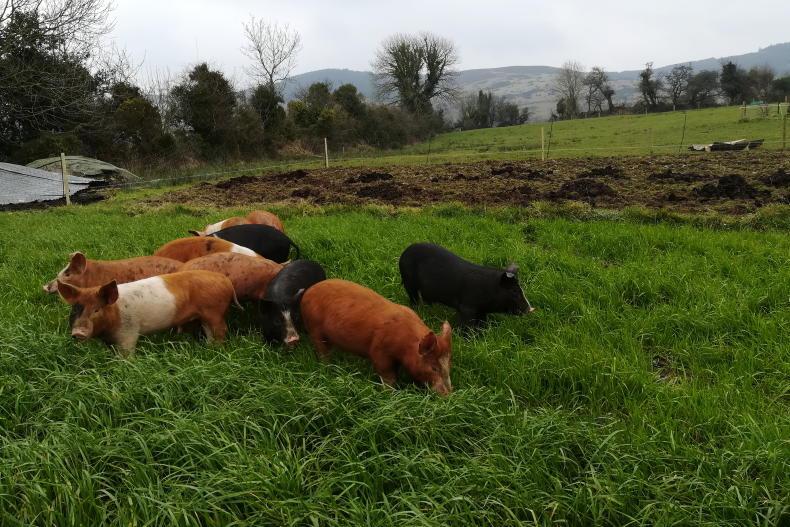
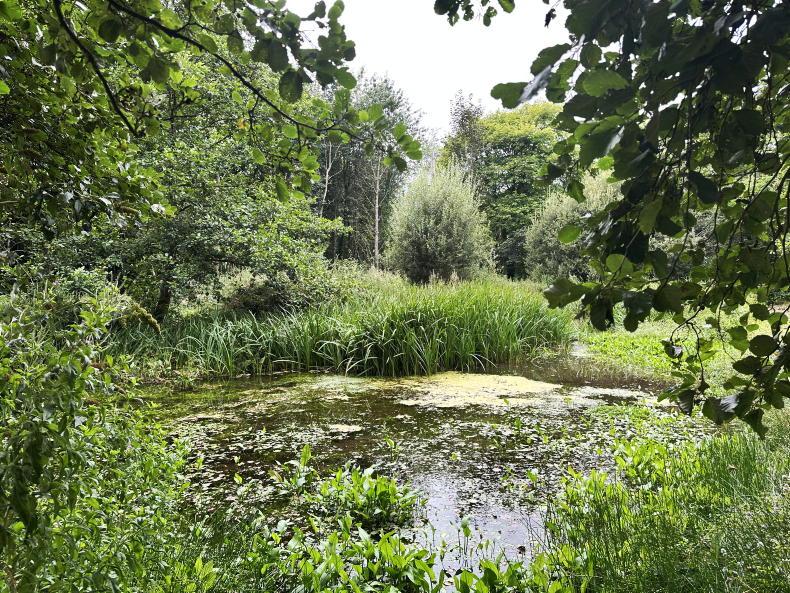
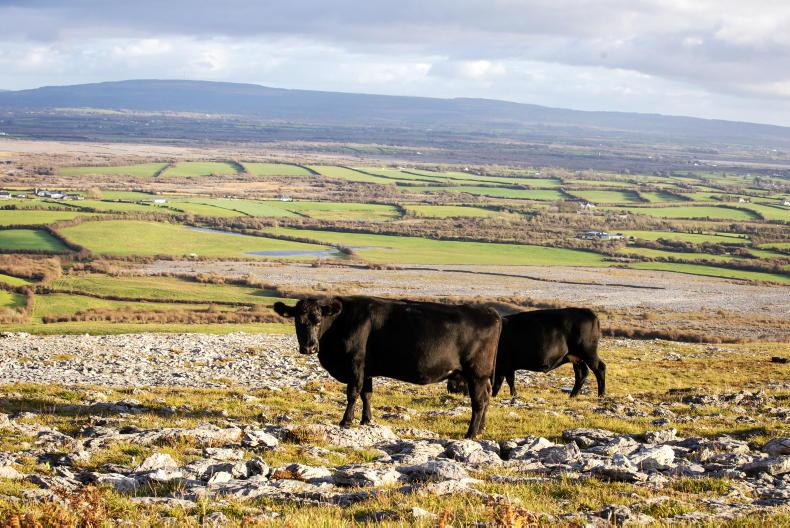
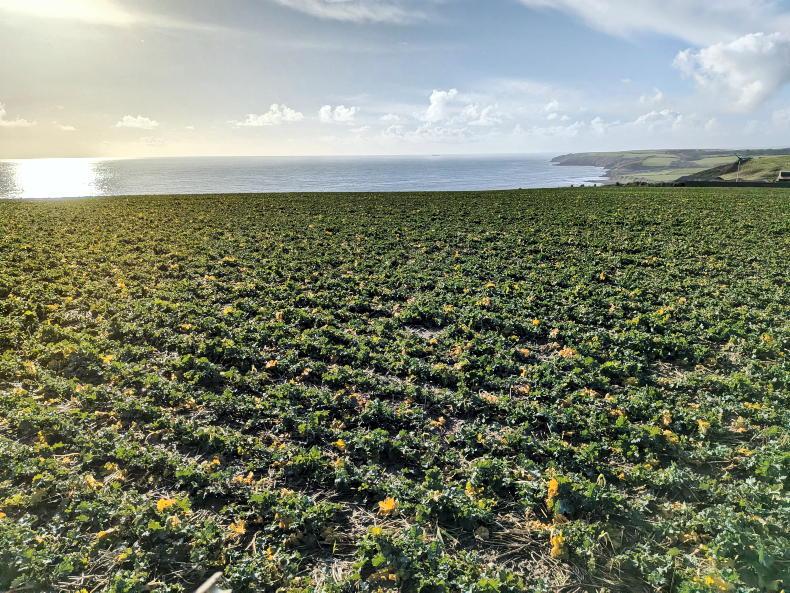
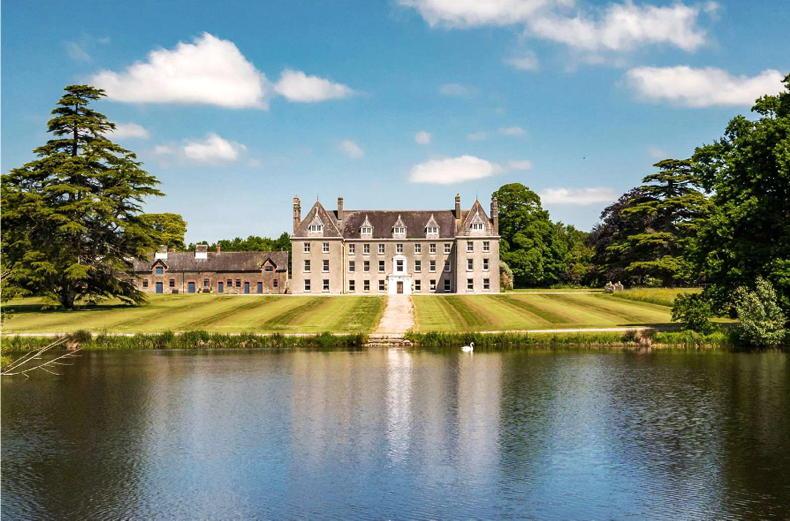
SHARING OPTIONS